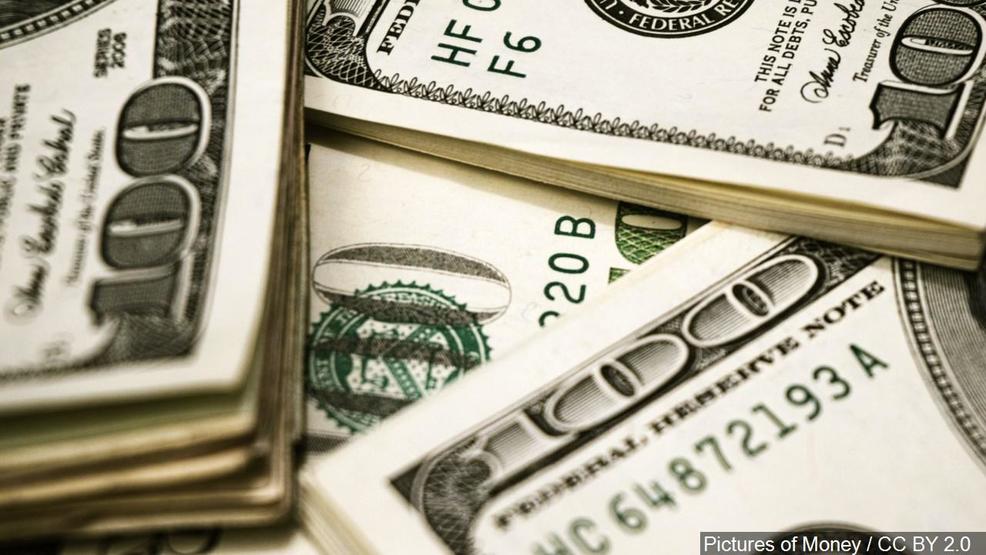
It may sound too good to be true, but there may be valuable unclaimed property out there with your name on it. The term generally refers to financial assets being held for owners who haven’t been found. Just a few examples, include uncashed dividend and payroll checks; unclaimed tax refunds; and insurance payments, refunds or policies with cash value.
If you’re interested in looking, there are search databases maintained by the state or states where you live and work, as well as states where you (or a deceased relative) previously lived and worked. Unclaimed property is sent to the state of the owner’s last known address.
Most states participate in MissingMoney.com, a free, national unclaimed property database. For states that don’t participate, you can find links to every state’s unclaimed property database on unclaimed.org, the website of the National Association of Unclaimed Property Administrators. You can also use this site to find links to relevant federal programs.
If you discover unclaimed property in your name, follow the instructions on the website where you found it. Typically, you’ll need to provide proof of ownership or, in the case of a deceased owner, a death certificate and proof that you’re entitled to the assets (such as a will).
Finally, be wary of companies that offer to locate and obtain property for a fee. Some of these offers are scams. But even if they’re legitimate, in most cases you can find and claim assets yourself for free or by paying a nominal handling fee.
